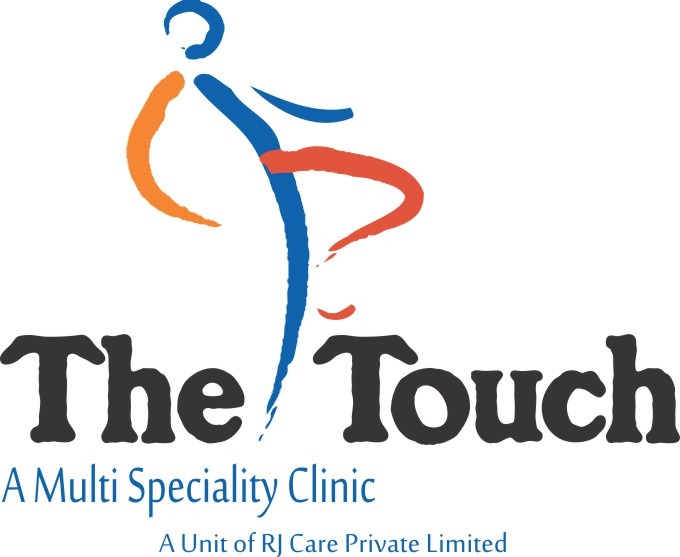IVF Success Rates: What You Need to Know

IVF, or in vitro fertilization, is a fertility treatment that involves fertilizing an egg with sperm outside the body in a laboratory. The formed embryo is then implanted within the uterus which leads to a successful pregnancy. Although IVF is the preferred option for infertile couples, it is always recommended to be aware of the factors that influence the success rate of an IVF program.
Understanding IVF Success Rates
There are various factors that can influence the success rate of an IVF program and it including – the age of the woman, the reason behind infertility, the duration of infertility, and also the quality of the embryos formed post-fertilization. According to the Centres for Disease Control and Prevention (CDC), the success rate for IVF in women under the age of 35 is around 40%, while the success rate for women over the age of 40 drops to around 4%.
The other important factors that tend to influence the success of the IVF program are the number of eggs retrieved from the woman, the quality of the sperm, and the history of previous pregnancies. Additionally, the success rate can also be impacted by lifestyle factors such as smoking, alcohol consumption, and obesity.
Know how to improve your success rates
While there is no guarantee of success with IVF, there are some steps you can take to increase your chances. Here are a few helpful tips:
Choose a reputable clinic: It is always better to choose a clinic with a strong record of success and patient satisfaction. At The Touch Clinic, we offer top-notch infertility treatments, which encompass IVF, to help our patients overcome their reproductive challenges.
Improve your overall health: Before starting IVF, focus on improving your overall health. This may include quitting smoking (both the partner and the woman conceiving the baby), reducing alcohol consumption, and adopting a healthy routine. Women who are underweight or overweight have trouble getting pregnant, therefore try to maintain a normal BMI.
Consider additional treatments: Depending on your situation, your doctor may recommend additional treatments such as acupuncture or certain medications to improve your chances of success.
Stay positive and manage stress: Going through IVF can be stressful and emotional, but it’s important to stay positive and manage stress as best as you can. Consider speaking with a therapist or joining a support group to help you through the process.
To summarise, while IVF success rates can be influenced by a number of factors, it’s critical to understand that there are steps you can take to improve your chances of success. You can increase your chances of a successful IVF pregnancy by selecting a reputable clinic, improving your overall health, considering additional treatments, and managing stress.
Contact us today to learn more about our IVF services and how we can assist you in realizing your family-building dreams.

 Robotic
Robotic




